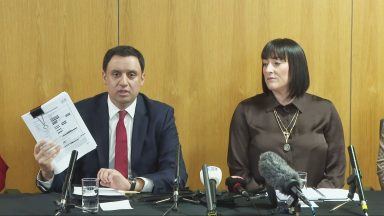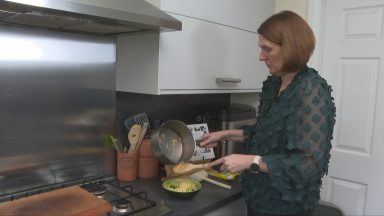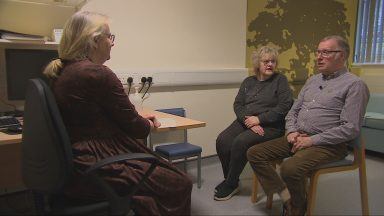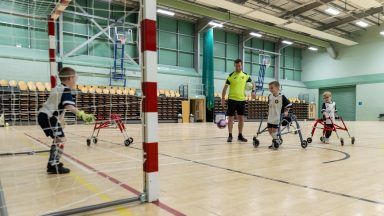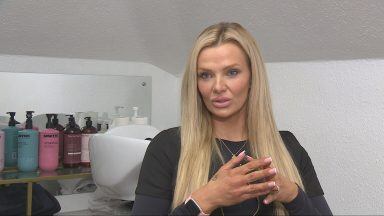The Government is planning to unveil more than £6bn of welfare savings that will see far tougher tests imposed for a key disability benefit, some payments frozen in 2026, and major changes to the way universal credit is calculated, ITV News can reveal.
Liz Kendall, the work and pensions secretary, has argued that the welfare system is broken and it is critical to get more people into work. But the changes are likely to be hugely controversial, including with Labour backbenchers.
The radical package of reforms will see:
- £5bn in savings by making it harder to qualify for Personal Independence Payments – a benefit not linked to work that is meant to help people with the additional costs of their disability
- Further savings by freezing PIP payments next year, so they do not rise with inflation
- Raising the basic rate for Universal Credit paid to those searching for work, or in work, while cutting the rate for those who are judged as unfit for work.
- A billion pounds of savings ploughed into a major investment for employment support for those who are looking for a job
The aim of the measures is to massively increase the incentives for people to remain in the work-search category of Universal Credit, even if they suffer with a health condition or disability, but also to more than £6bn a year by the end of the decade.
Earlier this week I reported a number of senior sources across government told me they have been asked to identify the 20% of spending within their departments that they see as lowest priority.
One suggested that they had been asked to go even further – up to 40%.
Rachel Reeves and Liz Kendall will argue that many people with disabilities are desperate to work but simply don’t have adequate support to find the right job, but with the move resulting in significant cuts to benefits for some of the most vulnerable, it will be hugely controversial.
In an interview with ITV News last month, the Work and Pensions Secretary told me too many people are “taking the mickey” by claiming benefits when they should be working.
Liz Kendall said the number of people on benefits who pretend they can’t work is “not good enough,” and “we have to end that”.
A survey of people on health and disability benefits, done by the Department for Work and Pensions, revealed that 49% of people say they can never work. But Kendall admitted she thinks “more of those people could work”.
“I don’t blame people for thinking that they can’t, because they’re stuck on a waiting list for treatment, they haven’t had the proper support that they might need from the job centre,” she said.
Under these plans – even those with extreme disabilities in the unfit to work category are likely to lose money. Meanwhile many will be taken out of PIP payments which are not linked to work at all- but are there to help with the additional cost of disabilities.
James Taylor, Executive Director of strategy at disability equality charity Scope said: “Ripping PIP away will be catastrophic for disabled people.
“PIP exists because life costs more if you are disabled. Those costs won’t disappear if the government squeezes eligibility. Many disabled people use PIP to get to and from work and to pay for essential equipment like mobility aids.
“Making it harder to get benefits will just push even more disabled people into poverty, not into jobs.
“The Chancellor has a choice – cut benefits and increase poverty, or invest in an equal future for disabled people.
“Making the wrong choice will have a devastating impact on disabled people and their families.”
Carol Vickers, who lives in Horsforth near Leeds and has multiple disabilities, told me she has a full time job, a part time job and runs a company, but needs PIP to help her cope with the cost of her disability. She has previously spoken to me about the difficulty in applying for PIP and then appealing it.
Today she said that losing the benefit could make her less likely to be able to stay in work. She said it felt as if government’s always targeted disabled people, most of whom wanted to work but for whom getting and keeping a job can be difficult.
Louise Murphy, Senior Economist at the Resolution Foundation, said: “This package combines sensible reforms to incentivise and support people with poor health back towards work, with hugely controversial cuts to non-work-related disability benefits.
“Freezing PIP next year will result in a real-terms income loss for around four million people, 70 per cent of whom are in low-to-middle income households. The scale of eligibility restrictions required to save £5 billion will change who the Government considers to be disabled. It must tread very carefully on this.”
Follow STV News on WhatsApp
Scan the QR code on your mobile device for all the latest news from around the country







